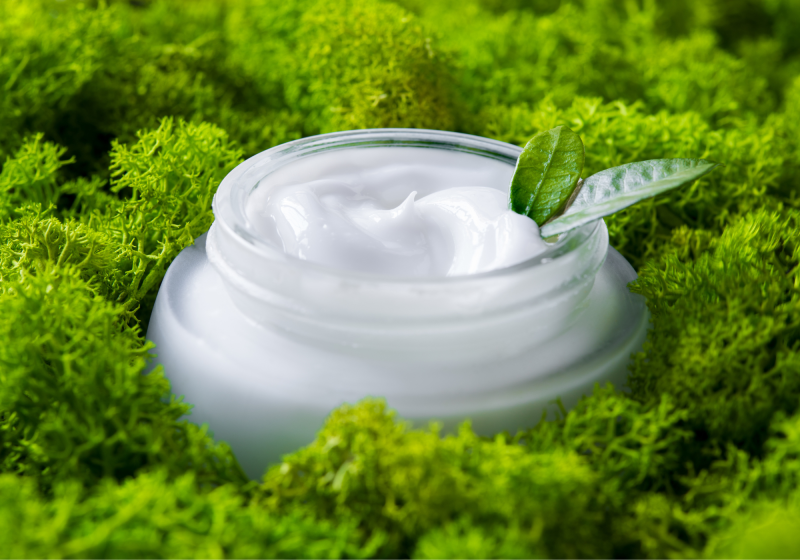The Package of the Future
This innovative project aims to produce and commercialize more ecological, digital, and inclusive packaging solutions globally.
The Future of Packaging® is dedicated to developing new products, services, and production lines for manufacturing sustainable packaging.
This includes everything from raw materials to product design, engineering, molds and tools, processing and manufacturing, information systems and digital transition, social marketing, collection, and recycling.
The Future of Packaging project has 79 members committed to revolutionizing the Portuguese business landscape in the packaging sector.
Led by Vangest - Engenharia Financeira e Gestão S.A., the project brings together entities that collaborate in all crucial stages of the innovation cycle, from R&D to large-scale commercialization in the global market.
PPS12 – Bgreen2Pack- New premium packaging from natural origin with incorporated fragrances
In the scope of PPS12 PTScience embraces the production of premium cosmetic packages based in biopolymers and natural fragrances, using advanced injection techniques, integrating RFID technologies to assure the products authenticity warranty.
The expected outputs of the project are:
- Develop new natural-based materials;
- Develop RFID technology for integration into packaging for authenticity warranty
- Optimize processes and advanced injection techniques;
- Design natural origin cosmetic products.
Unique Selling Points:
- Biodegradable cosmetic packaging
- Inclusive packaging
- Naturally sourced materials
- Repurposing of natural resources
- Eco-friendly refills
- Naturally derived cosmetics
Promising Materials PHA and PBS
Among the various biomaterials with great potential for applications in several industries, PHA and PBS stand out. Studies and tests already carried out confirm the efficacy and performance of these biopolymers, which have aroused growing interest in the scientific community for promising future applications.
Advantages:
- Biocompatibility: Prioritizing biocompatibility increases the safety and quality of healthcare. It allows for the manufacturing of medical devices that function without causing adverse reactions that can compromise patient health.
- Biodegradability: Easily degradable materials deteriorate rapidly when discarded.
- Diversity of Applications: Diverse industrial applications, including the medical and health area.
- Performance: Promising mechanical and physicochemical properties similar to materials made from fossil sources.
